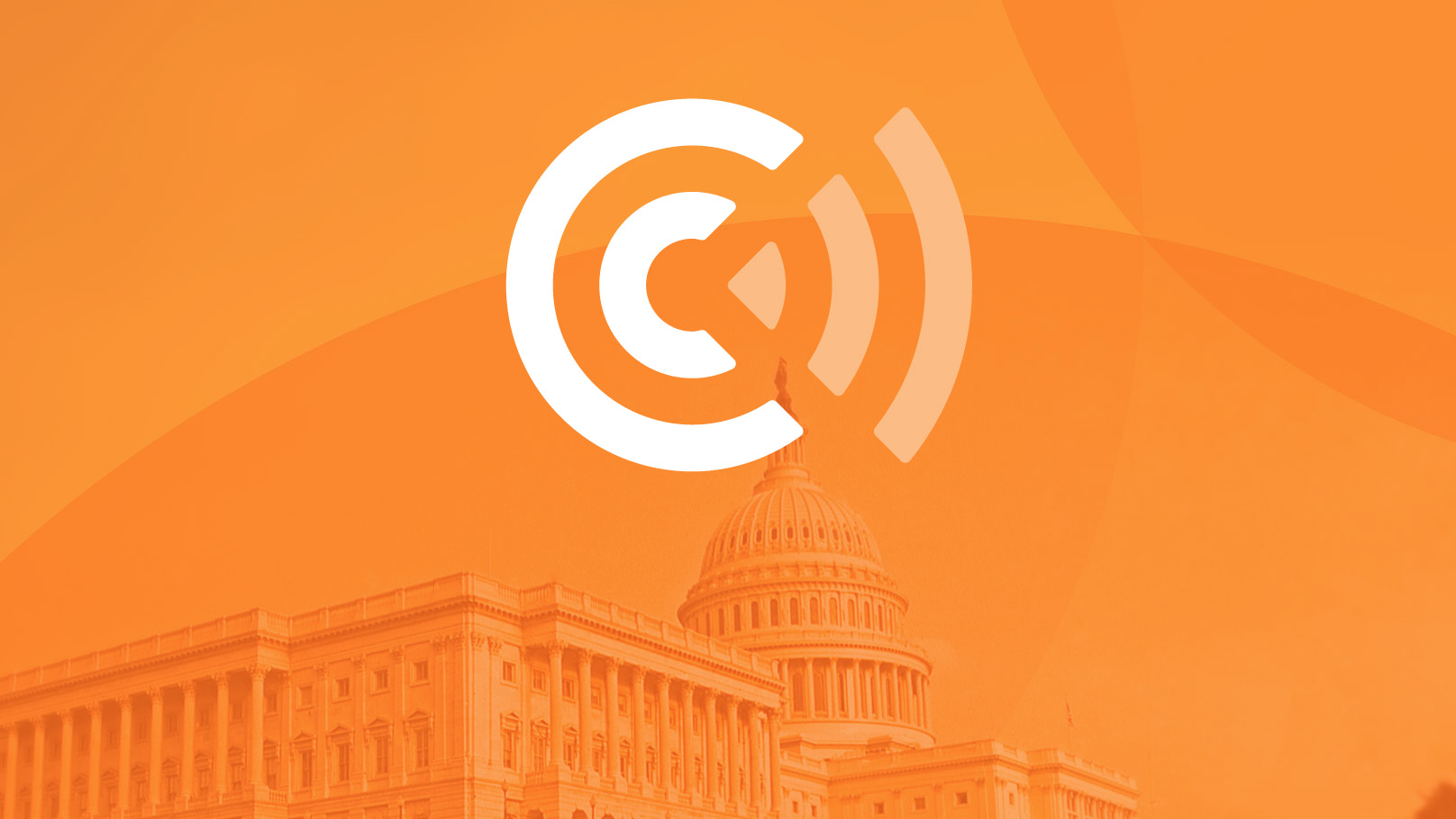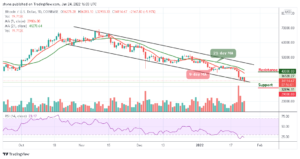- Coin Center highlights constitutional concerns over IRS reporting, Tornado Cash sanctions, and unlicensed money transmission cases.
- Optimism grows for crypto policy changes under Trump, focusing on decentralization and privacy.
The Coin Center has expressed serious worries about the potential impact of the Trump administration’s plans for crypto. Three main dangers to the crypto economy are highlighted in their most recent paper: Section 6050I rules, Tornado Cash sanctions, and unlicensed money transfer prosecutions.
These problems seriously affect developers and users of decentralized technologies since they affect the core of fundamental rights, including privacy and free speech.
Coin Center Challenges Regulations to Protect Crypto Privacy and Innovation
First, Coin Center is aggressively litigating against the Section 6050I regulation, which calls for warrantless reporting to the IRS for crypto transactions over $10,000. They contend that by requesting personal information without appropriate legal control, this rule violates constitutional rights.
Second, the company is contesting Treasury policies regarding Tornado Cash, a mechanism based on unchangeable smart contracts. Emphasizing the need for protecting decentralized technologies, Coin Center argues that rules pertaining to sanctions should not apply to tools, neither foreign individuals nor property.
Third, alarms have been raised by recent Southern District of New York convictions of makers of non-custodial software such as Tornado Cash and Samurai Wallet. Declaring that the legal measures could have chilling consequences on creativity and the larger crypto ecosystem, Coin Center has promised its support to protect these developers.
The paper offers possible hope under the new government despite these obstacles. Trump’s pro-crypto posture and his expected appointees at the Treasury and SEC might cause contentious rules—including the IRS’s broker regulation aiming at non-custodial developers—to be frozen or abandoned.
These changes could help centralized companies and advance investor protection, which are viewed as necessary for drawing in more general acceptance.
Coin Center is still wary, though, about whether overreaching sanctions and anti-money laundering (AML) rules would see notable improvements.
Without reform, they say, these policies might hinder innovation, force developers abroad, and deprive common Americans access to the advantages of blockchain technology—all while failing to properly discourage criminal activity.






















